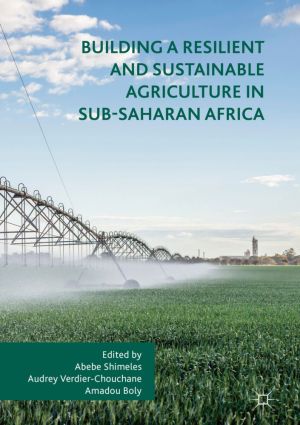
What are the challenges and action points for agricultural sustainability in Sub-Saharan Africa? This collection of papers offers technical analyses, policy recommendations and an overview of success stories to date. Each carefully selected paper provides valuable insights for improved policy making and defines relevant strategic priorities on Afri...
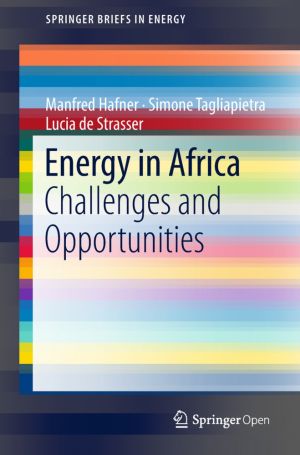
This book presents a picture of the current energy challenges on the African continent (and the Sub-Saharan region in particular) and proposes pathways to an accelerated energy transition. Starting with an analysis of the status quo and the outlook for Africa's energy demand and energy access, it provides an account of the available resources,...
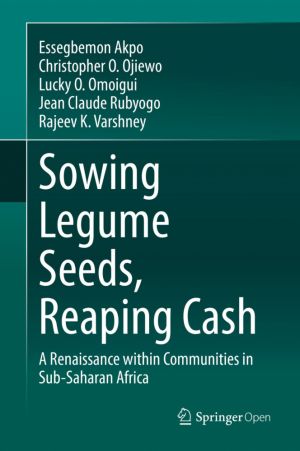
This open access book shares impact stories – testimonies from various value chain actors who have been part of the Tropical Legumes (TL) projects, over the past twelve years. The Tropical Legumes projects led by ICRISAT in three parts (TLI, TLII and TLIII), constitute a major international initiative supported by the Bill & Melinda Gates...
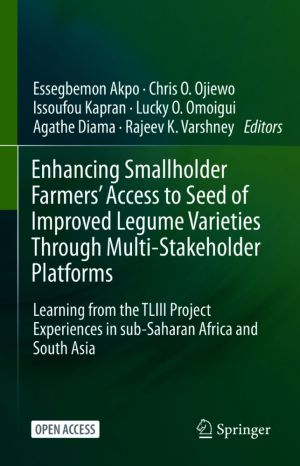
This open book shares the experiences of Tropical Legumes III (TLIII) project in facilitating access to seed of improved legume varieties to smallholder farmers through innovation platforms. It highlights practices and guiding principles implemented in eight developing countries of sub-Saharan Africa and South Asia. This book details key processes ...
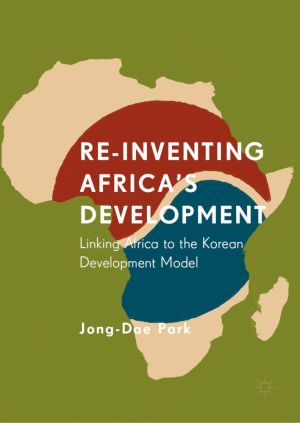
This book analyses the development problems of sub-Sahara Africa (SSA) from the eyes of a Korean diplomat with knowledge of the economic growth Korea has experienced in recent decades. The author argues that Africa's development challenges are not due to a lack of resources but a lack of management, presenting an alternative to the traditional...
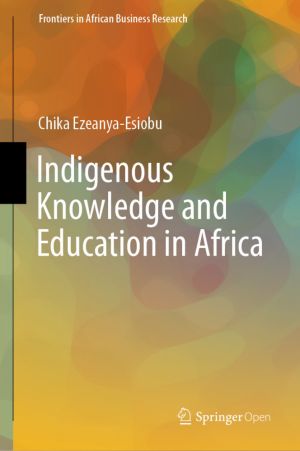
This book presents a strong philosophical, theoretical and practical argument for the mainstreaming of indigenous knowledge in curricula development, and in teaching and learning across the African continent. Since the dawn of political independence in Africa, there has been an ongoing search for the kind of education that will create a class of pr...
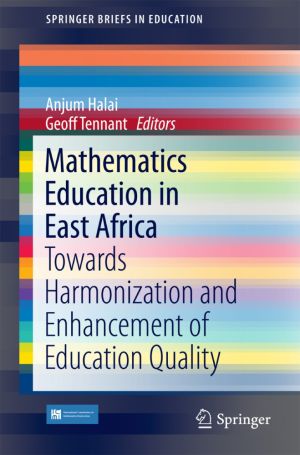
This book is a valuable resource for policymakers and practitioners as it brings insights mainly from developing countries where relatively less research activity takes place. It is also a valuable resource for courses in mathematics education in the teacher education colleges, and departments of education in the sub-Saharan Africa region.
In th...
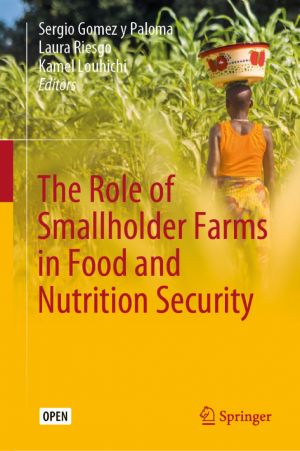
This open book discusses the current role of smallholders in connection with food security and poverty reduction in developing countries. It addresses the opportunities they enjoy, and the constraints they face, by analysing the availability, access to and utilization of production factors.Due to the relevance of smallholder farms, enhancing their ...
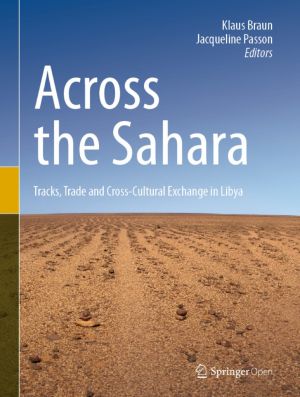
This open book provides a multi-perspective approach to the caravan trade in the Sahara during the 19th century. Based on travelogues from European travelers, recently found Arab sources, historical maps and results from several expeditions, the book gives an overview of the historical periods of the caravan trade as well as detailed information ab...
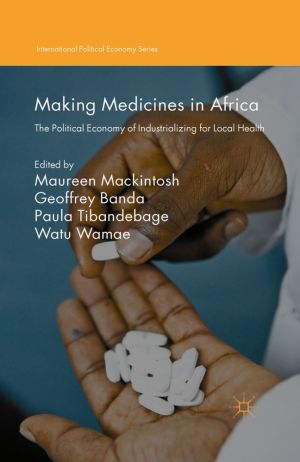
The importance of the pharmaceutical industry in Sub-Saharan Africa, its claim to policy priority, is rooted in the vast unmet health needs of the sub-continent. Making Medicines in Africa is a collective endeavour, by a group of contributors with a strong African and more broadly Southern presence, to find ways to link technological development, i...
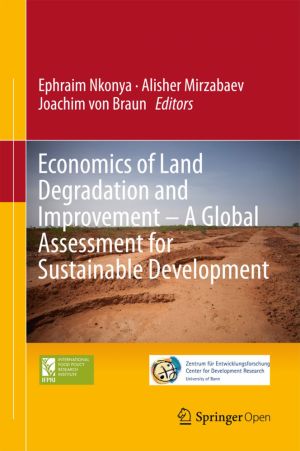
This volume deals with land degradation, which is occurring in almost all terrestrial biomes and agro-ecologies, in both low and high income countries and is stretching to about 30% of the total global land area. About three billion people reside in these degraded lands. However, the impact of land degradation is especially severe on livelihoods of...
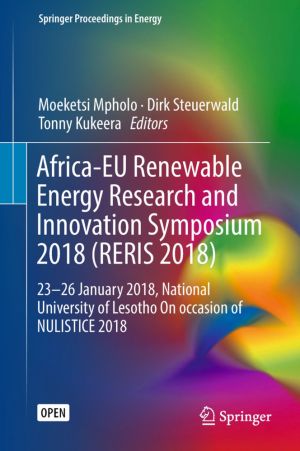
This book presents the proceedings of the 2nd Africa-EU Renewable Energy Research and Innovation Symposium (RERIS 18), held in Maseru, Lesotho in January 2018. The symposium aimed to foster research cooperation on renewable energy between Africa and Europe - in academia, as well as the private and public sectors.
Addressing thematic areas such as:...
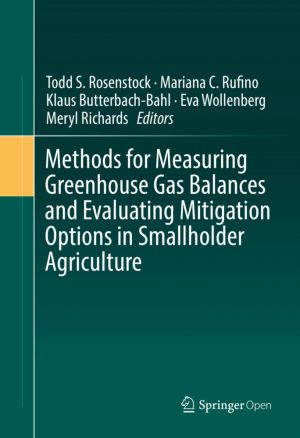
This book provides standards and guidelines for
quantifying greenhouse gas emissions and removals in smallholder agricultural systems
and comparing options for climate change mitigation based on emission
reductions and livelihood trade-offs. Globally, agriculture is directly
responsible for about 11% of annual greenhouse gas (GHG) emissions a...
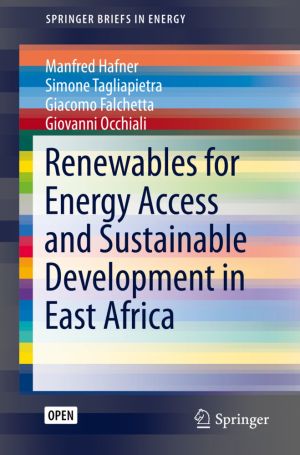
This short open access book investigates the role of renewable energy in East Africa to provide policy-relevant inputs for the achievement of a cost-effective electrification process in the region. For each country, the authors review the current situation in the domestic power sector, adopt a GIS-based approach to plot renewable energy resources p...
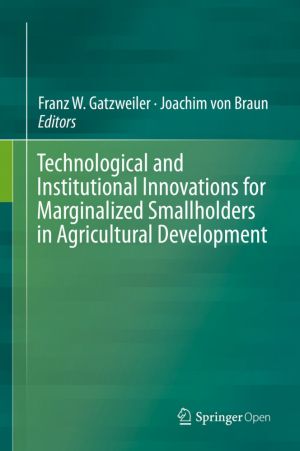
The aim of the book is to present contributions in theory, policy and practice to the science and policy of sustainable intensification by means of technological and institutional innovations in agriculture. The research insights re from Sub-Saharan Africa and South Asia. The purpose of this book is to be a reference for students, scholars and prac...
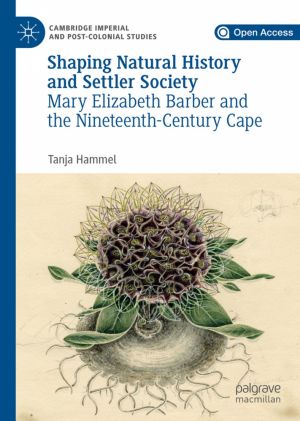
"Hammel successfully illuminates how the production and circulation of Barber's work was deeply affected by contemporary attitudes towards gender and race within the colonial context of the nineteenth-century Cape. This fascinating book is destined to become a landmark in the history of science in South Africa."
—Nigel Penn, Unive...
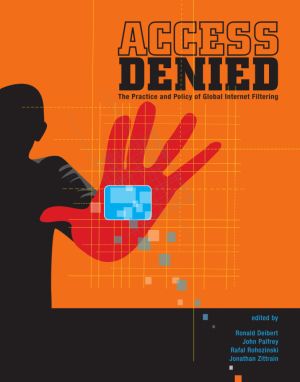
A study of Internet blocking and filtering around the world: analyses by leading researchers and survey results that document filtering practices in dozens of countries.
Many countries around the world block or filter Internet content, denying access to information that they deem too sensitive for ordinary citizens - most often about politics, b...
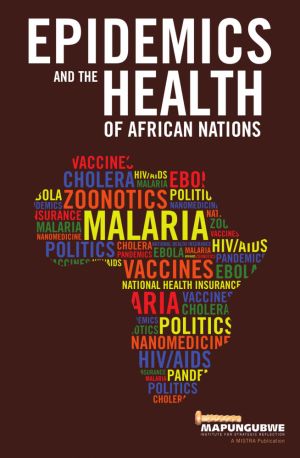
Researchers and practitioners from within the continent explore why Africa is so vulnerable to disease, and show how this vulnerability is closely linked to political and economic factors. They demonstrate how these same factors determine the way epidemics are treated.
Authors extract lessons from case studies in different parts of Africa; chall...
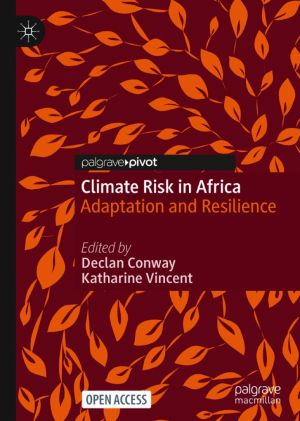
This open book highlights the complexities around making adaptation decisions and building resilience in the face of climate risk. It is based on experiences in sub-Saharan Africa through the Future Climate For Africa (FCFA) applied research programme. It begins by dealing with underlying principles and structures designed to facilitate effective e...
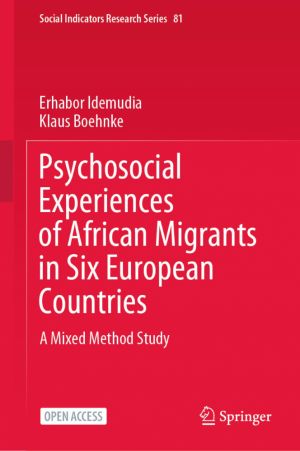
This open book provides an empirical account of the psychological and social experiences of 3500 African migrants to 6 European countries: Germany, Spain, Italy, The Netherlands, France, and the UK. It discusses the psychosocial motivations for migration from Africa, who migrates where, and stressful pre- and post-migration factors affecting the so...
